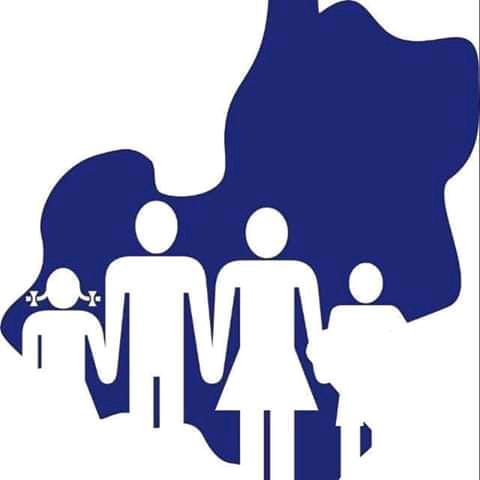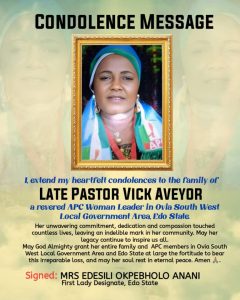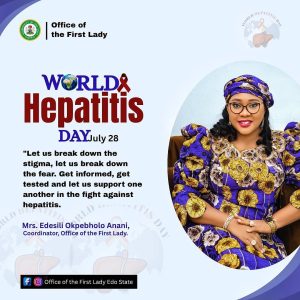CONGO Throws Weight Behind FG’s Tax Reform
2 min read
By Adesuwa Ehimuan
The Conference of Non-Governmental Organizations (CONGO), has expressed it support for the tax reform bill presently before the National Assembly for passage as an executive bill and also suggest some amendments of the bill to suit the current economic reality of the country.

This position was contained in a press statement signed by the organisation’s president, Comrade Bathelomew Okuodo and made available to journalists in Benin City.
According to the statement, the CONGO which serves as an umbrella body to diverse array of civil society organizations dedicated to promoting the welfare of the Nigerian people, particularly the marginalized and vulnerable, is aware of the significant challenges facing the economy, hence, the proposed tax bill is commendable.
Comrade Okuodo noted that the revitalization of the country’s tax system would enhance greater revenue generation and foster sustainable economic growth, stressing that it would enhance efficiency, broaden the tax base, and reduce the burden on compliant taxpayers.
Comrade Okuodo explained in the statement that these reforms are crucial to addressing the chronic underfunding of critical sectors such as healthcare, education, infrastructure, and social services.

The statement emphasized that a well-structured tax system will provide the government with the resources necessary to improve the livelihoods of Nigerians, promote job creation, and elevate the country’s global competitiveness, adding that they recognize the potential benefits these reforms could bring to the nation’s economic development.
The statement adds: “However, while we support the overarching goals of these reforms, we urge the government to give special consideration to a few areas that, if left unadjusted, could negatively impact the most vulnerable members of our society. As you are aware, the poor and working-class Nigerians, who already face significant economic hardships, could be further burdened by certain aspects of the proposed tax changes”.
The statement continued: “Our concerns primarily relate to the following points which are: Increased Tax Burden on Low-Income Individuals while the broader reform initiatives include increased taxes on high-net-worth individuals and large corporations, we caution that the implementation of indirect taxes such as VAT could inadvertently increase the cost of living for low-income earners”.
Comrade Okuodo explained that it is essential that the government ensures the poorest segments of society are protected from undue hardship, especially in light of inflationary pressures and the rising costs of essential goods and services.



